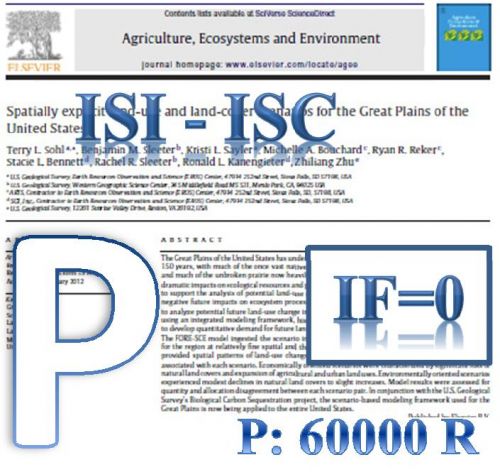Background & Aim: Self-medication refers to a way in which a person takes medication without a prescription for the purpose of treatment. Due to the fact that arbitrary use of some drugs causes serious complications and even death in people, the knowledge and attitude gained in this regard lead to self-care and less use of drugs without a doctor's prescription. Therefore, this study was performed to determine the rate of self-medication and related factors in clients of health centers in Behbahan in 2019. Materials & Methods: In this cross-sectional descriptive study, available sampling was performed in Behbahan health center. The data collection tool was an approved checklist for self-medication. Data analysis was done with spss-20 software using Chi-square. Results: In this study, 121 individuals with an average age of 35.59 ± 13.26 years, 70.2% female and the rest were male and 71.1% were married and the rest single, were enrolled. The prevalence of selfmedication with antibiotics, colds, nervous and neuromuscular diseases, digestive, cardiovascular, antiallergic, opioid and psychedelic, skin, antimicrobial, vitamin and food supplements, analgesic and herbal medicines were 39.7%, 68.6%, 14.0%, 21/5%, 4.1%, 13.2%, 3.3%, 5.8%, 5/0%, 38.8%, 56.2% and 47.1% respectively. People with higher education were more likely to receive antibiotics and antidepressants, more married people with antidepressants, more people living in the city with curative and curative cures (p <0.05). Conclusion: The results showed a high level of self-medication in those referring specifically to colds and because these people do not see doctors for certain issues such as poverty or culture, periodic free referrals are needed to create a culture and help poor families, and to help raise awareness of these people by conducting training courses at health centers about self-care disadvantages.
کلید واژگان :Knowledge, attitude, performance, self-medication
ارزش ریالی : 1200000 ریال
با پرداخت الکترونیک
